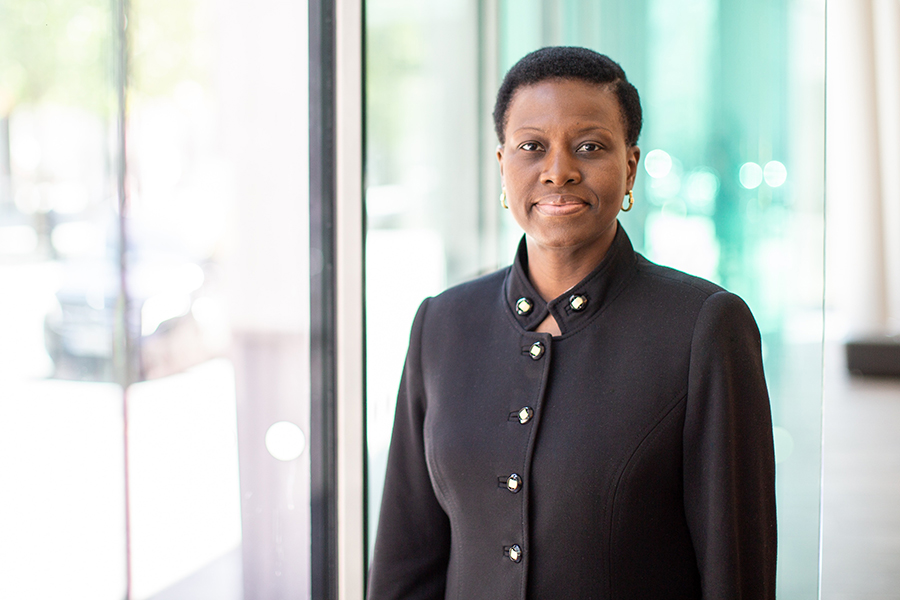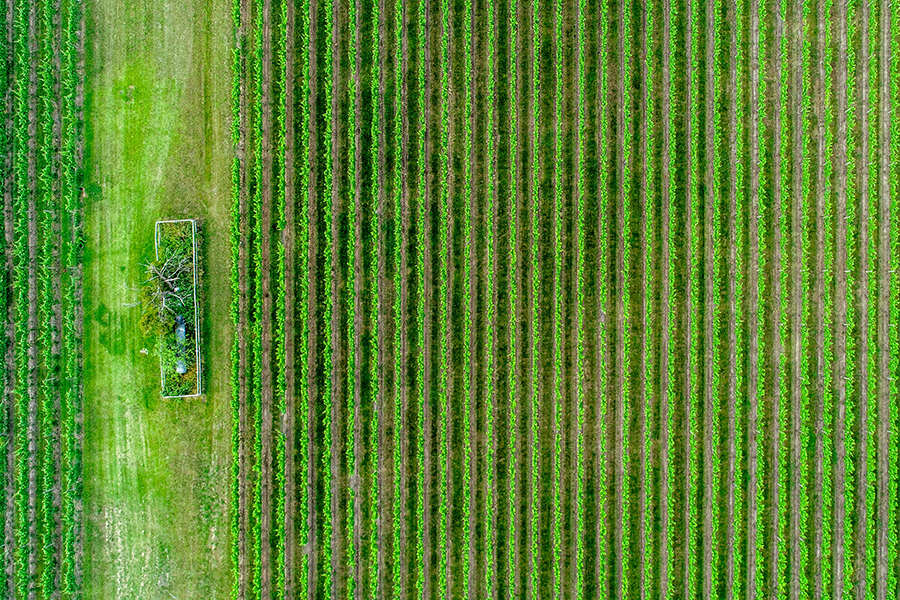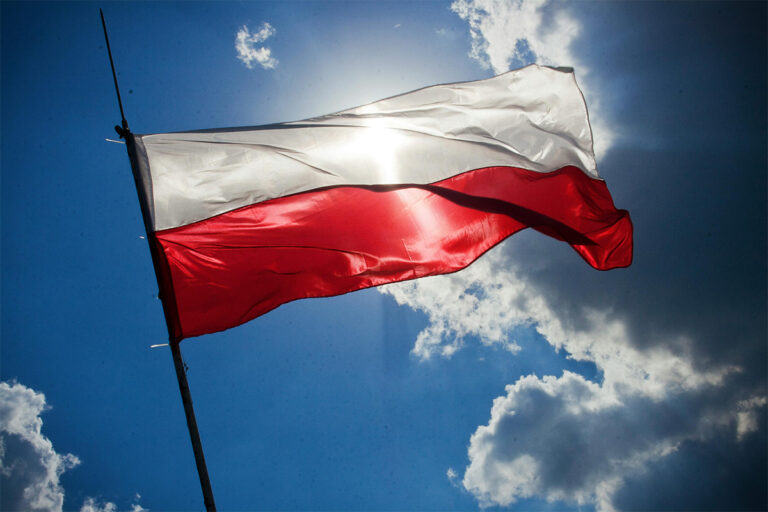
Africa’s resilience, at a time when the global economy is faltering on the back of geopolitical tensions and rising trade barriers, reflects how much the continent has progressed in recent years.
The region’s growth has historically been driven by commodity prices, making it vulnerable to slowdowns in other markets. This time around, however, Africa’s fastest-growing countries are not only commodity-rich – instead, they are those that have diversified economies and sound policies.
According to IMF predictions, GDP growth in sub-Saharan Africa is expected to accelerate to 3.6% in 2020 and 4.2% by 2024. In addition, growth over the medium term is projected to average more than 5% for close to two-fifths of the region’s economies.

Africa’s challenges are well known, but it is increasingly evident that the region’s economy is gaining some serious traction. The African Continental Free Trade Area agreement, which will boost intra-African trade after its implementation next year, will further drive growth and shield the region from downturns in other markets.
Standard Bank has long believed in the potential of this continent, and that stance is paying off. In the first half of 2019, 34% of our profits from banking activities came from the group’s Africa Regions businesses. We expect that proportion to keep growing for years to come, particularly as governments and large companies invest in the future.

In the first six months of the year, we provided expansionary funding for multinationals and large domestic corporates worth R92bn across the region. Growth-boosting investments have continued into the second half, including in East Africa’s consumer-goods sector.
“Standard Bank has long believed in the potential of this continent, and that stance is paying off.”
Sola David-Borha, Chief Executive for Africa Regions at Standard Bank Group
We are seeing investments in physical infrastructure, in critical sectors such as healthcare and education, and in digital infrastructure, including data centres. This will deepen financial inclusion and enable ecommerce, leading to higher incomes and consumer spending.

For foreign and domestic investors, the African growth story is as compelling as ever. There is a deep well of opportunities in the infrastructure segment, in oil and gas, agriculture and agri-processing, energy, minerals, tourism, and digital technology, among other sectors.
Given Africa’s natural solar resources for example, opportunities in the renewable energy segment are extensive. At the same time, Africa’s agricultural industry is still punching well below its weight considering that the continent holds 60% of the world’s uncultivated land. Financing the Agricultural value chain will be a key driver of growth.

Africa will be home to slightly over a quarter of the world’s population by 2050, according to the UN’s forecasts. Moreover, over four in 10 people on the continent will be below the age of 20. It is therefore imperative that staff development, education, skills, job creation and enterprise development is accelerated for the growing youth segment.
China in particular is looking to Africa as the next growth frontier. Standard Bank is working hard with our strategic partner ICBC to facilitate trade and investment flows between the world’s second biggest economy and Africa.

We are incredibly excited about the economic transformation we are witnessing as Africa continues to realise its potential. East Africa – Ethiopia specifically – and the WAEMU region continue to show signs of strong growth.
Encouragingly, the barriers to doing business on the continent are gradually being lowered.
For instance, the availability of bank-intermediated trade finance has long been an impediment to the growth of SMEs and larger organisations. The African Development Bank estimates that there is a shortfall of at least $100bn.

But digital solutions are starting to improve access to trade finance, which, for the time being, remains heavily paper-based – and disconnected by national borders. African governments are starting to encourage digitisation as a means of boosting trade.
We see potential for further digitisation of the physical supply, the financial supply and the documents chain, and we are working with regulators in that regard.

Developing digital solutions that simplify and broaden access to trade finance is a major focus area for the bank, which is leveraging its partnerships with fintech companies.
Unleashing Africa’s entrepreneurial capabilities is crucial for the upliftment of the continent’s people. So too is doing business responsibly.
As investors increasingly shift their attention towards Africa, Standard Bank in signing the Principles for Responsible Banking (UNEPFI) has committed to aligning its business strategy to the Sustainable Development Goals. We are committed to doing the right business the right way which is the only way to build a sustainable business in the communities in which we operate![]()









